The EU is preparing new requirements for Chinese automakers to qualify for local subsidies, with key stipulations including having production facilities in Europe and transferring "intellectual property" to them.
Two senior EU officials, who spoke with the Financial Times, mentioned that these new requirements will first be introduced in December alongside a competition for grants of up to €1 billion for the development of new batteries (although they could later be extended to other subsidy schemes).
In essence, the new criteria mirror Beijing's decision, which mandates foreign companies to share intellectual property in exchange for access to the Chinese market.
It is worth noting that in October, the European Commission approved a tariff of up to 35% on imported Chinese electric vehicles, in addition to the already active 10% tax. Stricter requirements for hydrogen subsidies have also been implemented, specifying that only 25% of electrolyte components can come from China.
Sources from the Financial Times highlight that the re-elected US President Donald Trump "may exert pressure" on the EU to follow America’s lead in imposing more barriers against Chinese goods and investments. Allegedly, if he continues to threaten a 60% tariff on Chinese exports, Beijing will attempt to redirect goods to other regions, including Europe.
The increased scrutiny on the import of Chinese technologies into the EU has already prompted companies like China's CATL to establish gigafactories in Europe—billions of euros have been invested in plants in Hungary and Germany. Shanghai-based Envision Energy is also pouring hundreds of millions of euros into facilities in Spain and France. Meanwhile, the EU's own battery "champion," Northvolt from Sweden, is teetering on the brink of bankruptcy while trying to meet its production targets.
Batteries account for more than a third of the cost of electric vehicles, making these supply chains critical for the European automotive industry, which is striving to transition to less environmentally damaging models. At the same time, senior research fellow at the Center for European Reform, Elisabetta Cornago, warns that a tougher stance on Chinese components could have negative consequences for the EU's decarbonization efforts.
"You are temporarily establishing trade protection in the form of innovation support… to bolster the industry, but this does not lower prices for consumers," Cornago notes, adding that the latest requirements could "create confusion about what the EU automotive sector needs to do to grow and compete with China."






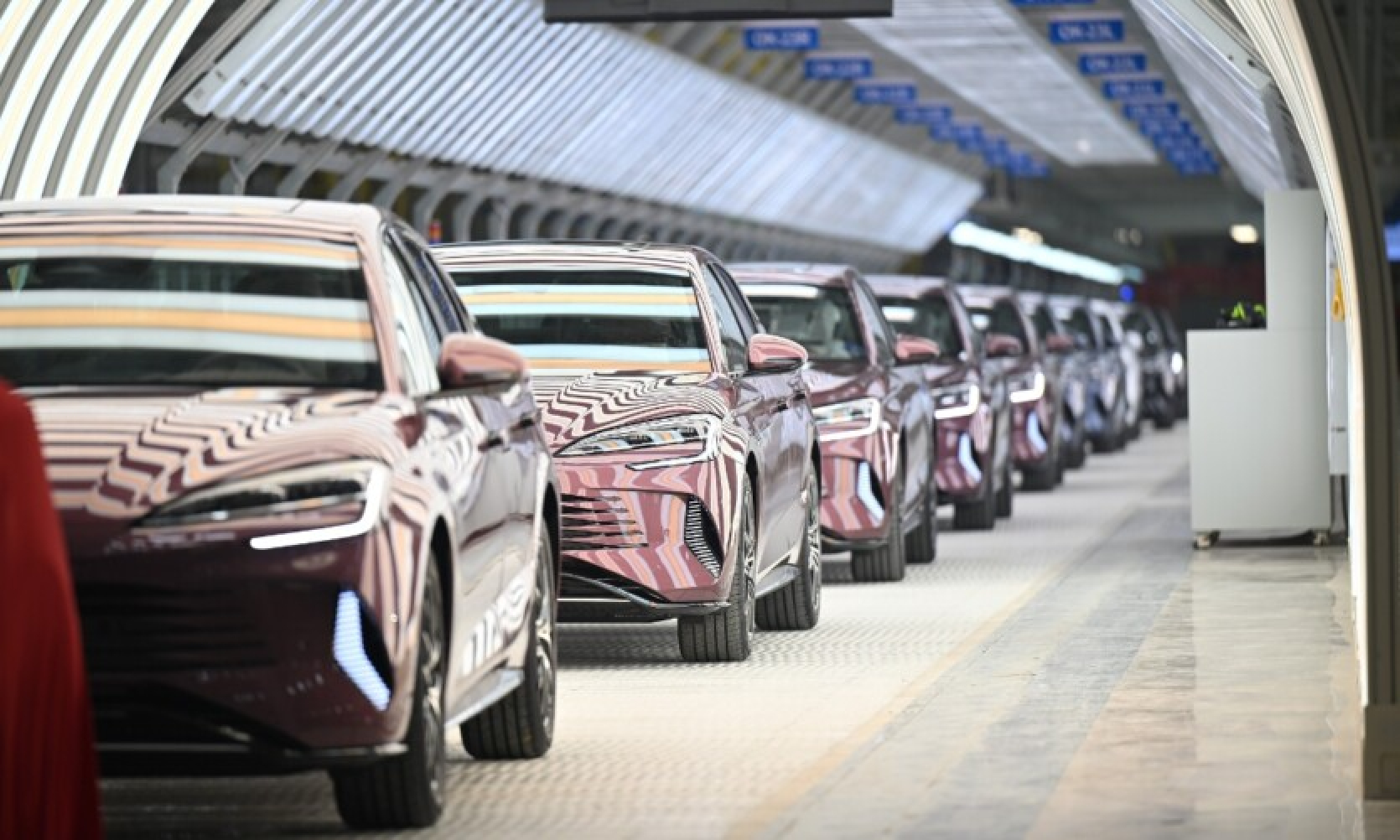

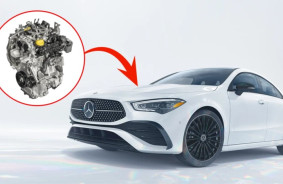
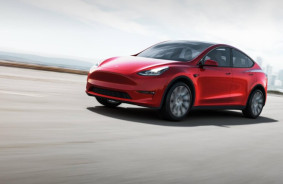
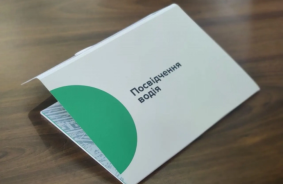
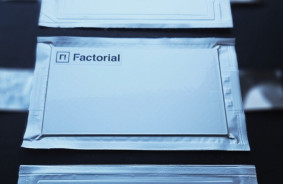
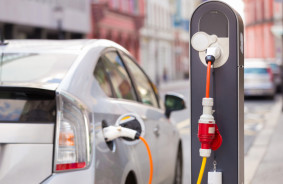
Comments (0)
There are no comments for now